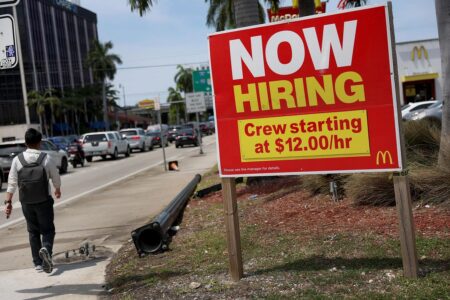As we age, “staying relevant” in our professions to clients, customers, and colleagues can be a challenging, sometimes uncomfortable and an often misunderstood dilemma even for the most confident or recognized among us. Most pundits on this topic advise aging professionals to engage in:
- life-long learning — staying current on the latest trends in your area of expertise, including technological and other industry developments;
- network building by continuing to strengthen business relationships;
- mentoring others; and
- maintaining personal wellness.
While all of the above are important if not obvious pointers for successfully navigating how to stay relevant professionally, we sometimes forget to shine a light on the most compelling reason why, as you age, you actually gain professional relevance. This is because your experience – your having seen, assessed, dealt with and overcome almost every type of problem or issue in your professional career – is a unique quality to which only those that have been around long enough to have “seen it and done it” can lay claim. Your skills have been honed over years of thinking critically, assessing risks, understanding the subject matter and its hidden problems, and achieving tangible and valuable results. These skills are in demand by clients and only come with age. As you age, you need to put aside concerns that you may not be the “new face,” and rather demonstrate to yourself and to your clients, customers and colleagues that your experiential wisdom makes your role as problem-solver and advisor indispensable. This applies in franchising whether you are in executive management, operations, development, or act as a long time trusted legal advisor or consultant.
For me this resonated in a recent experience I had at Franchise Update’s Multi-Unit Franchise Conference in Las Vegas, where franchisors, franchisees and suppliers. including consultants, attorneys and other service providers gathered to hear and discuss issues impacting the franchising model and its future, ranging from how Trump 2.0 would affect franchising, to thriving through innovation and scaling for growth based on number of operating locations. Uniquely, the planners targeted one of the sessions, “Key Business and Legal Issues for Franchise Agreements and Supply Chain Agreements” exclusively for prospective franchisees and franchisors from outside the United States who were interested in bringing US brands to their country or bringing their country’s brand to the US. The attendees engaged in discussion led by Glen Helton, a seasoned franchise executive, well-known consultant, Michael Seid, my partner, Len MacPhee and me. As speakers, we represented over 150 years of combined business and legal experience. We discussed topics such as how to contact and present yourself to a US franchisor; how to conduct due diligence on the brand; recommended structures for franchise arrangements; what to expect from the franchisor’s franchise sales process, form of franchise agreement, and the negotiation process; joint employer, misclassification and related trending legal issues; and what to expect in the franchise relationship as you scale.
Three hours was allotted for the program; but the level of engagement by all participants was so high we went over our allotted time and continued after the program ended. Most importantly I will not forget the earnest gratitude expressed by so many attendees for the opportunity to ask questions and share their experiences and problems with us and receive experience-driven and resolution-targeted practical advice.
I know that we all never felt more relevant.
Read the full article here











